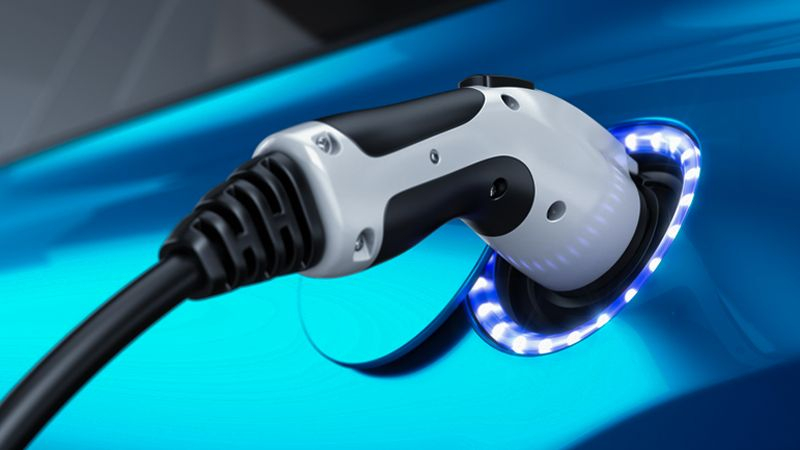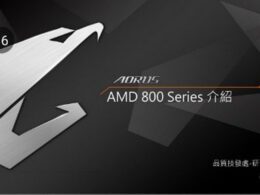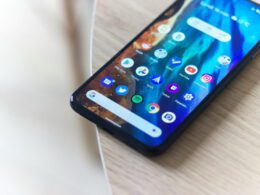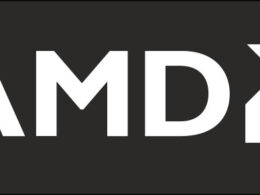The global race to develop high-speed electric vehicle charging technologies is not only being led by major car manufacturers but also startups and Chinese traction battery suppliers. China is predicted to become the primary supplier of electric vehicles capable of express charging by 2025, experts believe.
Capitalizing on Fast Charging Tech
A recent report by Nikkei Asian Review details how Chinese company Gotion High-tech has unveiled a new generation traction battery capable of increasing residual charge from 10 to 80% in just 9 minutes and 48 seconds, fitting within the psychologically important ten-minute mark. For many potential electric vehicle owners, spending ten minutes at a charging station is acceptable, particularly for intensive use of the car or long-distance trips.
Achieving Progress Through Innovative Technology
Gotion was able to make this progress through the use of a new chemical composition for traction batteries. An increase in electrolyte conductivity of 30 to 50% was achieved, and the number of components used was reduced by 30%, making the battery casing thinner. The company plans to apply quick charging technology to the production of lithium batteries based on both iron phosphate (LFP) and a combination of nickel, manganese, and cobalt (NMC). The former has a higher resource but falls behind the latter in energy storage density, which provides a higher range.
Industry Leaders Striving for Innovation
The world market leader CATL demonstrated in April the Shenxing Plus family of traction batteries, which combine LFP-type chemical composition with the ability to replenish a 600 km range in ten minutes. The overall range of such a battery can reach 1000 km. The next step for CATL is the development of batteries that can replenish a few hundred kilometers in just six minutes, as company representatives admitted at the Beyond Expo event last Wednesday.
Moving Towards High-Speed EV Charging
From an architectural point of view, enabling high-speed charging of electric vehicles would require a voltage transition from 400 to 800 V, a process that German Volkswagen group brands, as well as South Korean KIA, Hyundai, and Genesis, have already undertaken. Chinese car manufacturers also aim to keep up. Last year, they produced 125,000 electric vehicles and plug-in hybrids using the 800 V standard. According to Soochow Securities analysts, this number could increase 11 times to 1.32 million units next year. Given that the capacity of the global market for such vehicles is expected to reach 1.62 million units, Chinese brands will undoubtedly dominate.
Focus on Accelerating Charging of Affordable Vehicles
Importantly, Chinese manufacturers will focus on accelerating the charging of relatively affordable vehicles using LFP batteries, which make up about 60% of the market. Gotion plans to install its fast-charge batteries in compact class B vehicles, which account for up to 30% of the Chinese electric vehicle market. The scarcity of fast-charging stations with 800 V support could pose a challenge, but Chinese companies are prepared to work hard on this issue.





